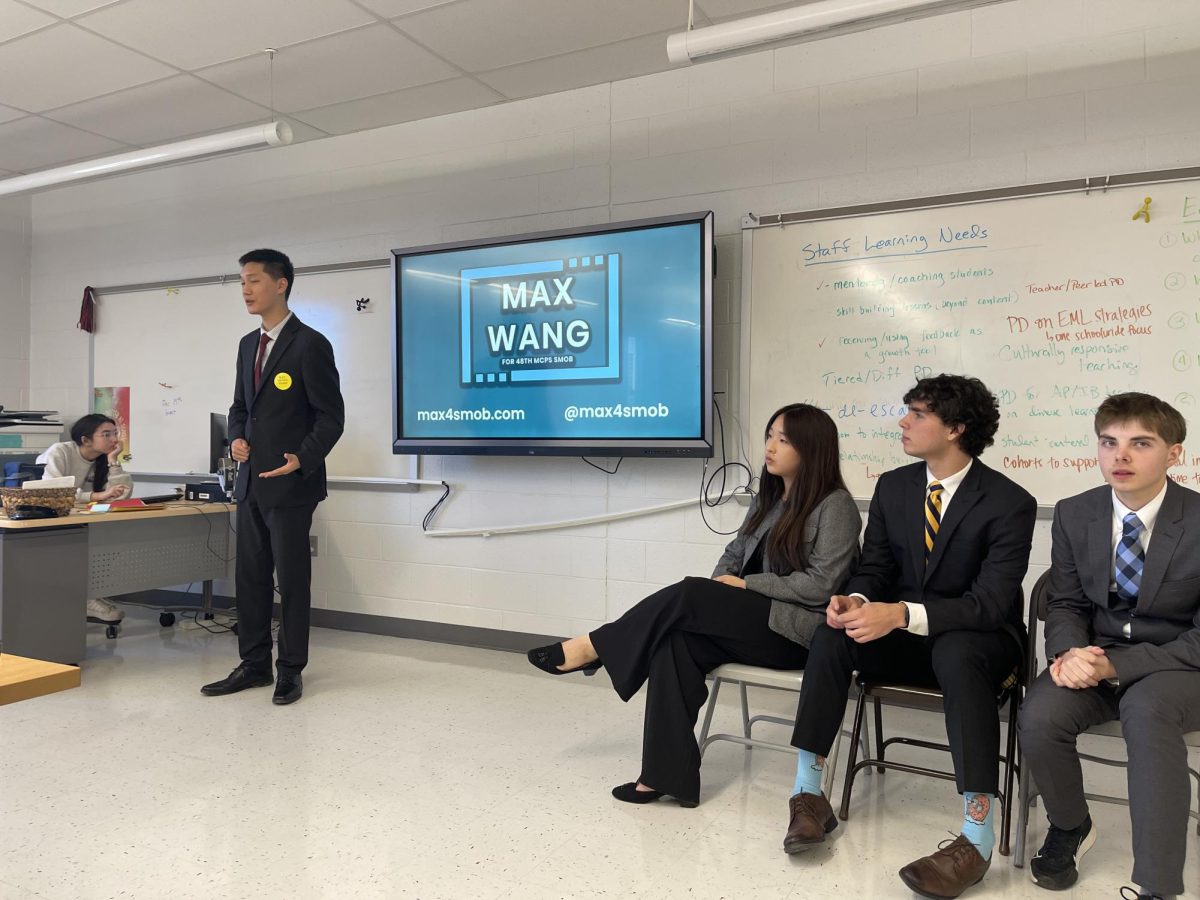If someone from 200 years ago suddenly came back to life, they would not recognize cars, phones, planes or television, things that are now so ubiquitous in society. However, if they were to enter a classroom, they would probably recognize the books immediately and know the room was a place of learning.
While Promethean boards have replaced chalkboards in many of the classrooms, books have stayed relatively the same from when they were first invented. As of 2009, several companies, seeing the room and need for change in the book industry, have released eBooks.
An eBook is a portable device on which books can be downloaded and read in the digital form. Amazon’s “Kindle” and Barnes and Nobel’s “Nook” are the most popular eBooks, but even they have a limited impact on the industry. However, the Apple iPad, with 3 million sold in just 80 days of its release and 600,000 iBooks downloaded only five days after its launch, is one of a kind, with a promising future.
“A lot of people use [the iPad] to read books,” senior Will Lewis said. “I think it’s probably going to take out the Kindle and other eBooks.”
The iPad takes the tablet computer to a new level with web access, e-mail, photos, music and video, as well as applications (apps) created just for use on the iPad. However, there are some negative aspects of the current iPad.
“There is only Wi-Fi for Internet access, which makes it pointless [without access to Internet all the time],” senior Alison Kanovsky said. “It is entertaining, but only for a little bit.”
Wi-Fi can only be used within 200 feet or so of an Internet provider, though a good connection requires one to be within 100 feet. Despite its few issues, the iPad has caused excitement in both the media and Apple CEO Steve Jobs. It has caused some to dream of a day when there are no more textbooks or computers, only a lightweight device that does it all.
“It would be very difficult for iPads to replace textbooks at school,” information technology systems specialist Robert Jones said. “Replacing existing procedures with computer technology is not always beneficial or cost effective. The enormous cost would prevent it because we are a public institution. We would have to buy the iPad for all of the students and books on all of the iPads. Also the wiring would have to be redone to allow wireless production.”
Although there are mixed feelings about the current iPad, Apple is releasing a new iPad with 3G internet access, which could change some skeptic’s opinions. The future of the iPad cannot be determined at this point, but hitting 3 million sales in just 80 days is certainly no small feat.
“I think the [iPad] is a good investment, especially if you get the new one,” junior Will Mulhern said. “You can get 3G anywhere, unlike a laptop. I read a book on it while I was waiting to get my license. It’s definitely entertaining.”
Categories:
Apple iPad takes on competition, book industry
By By Nina Mohebbi
Online Photo Editor
October 4, 2010
Story continues below advertisement
0
More to Discover







